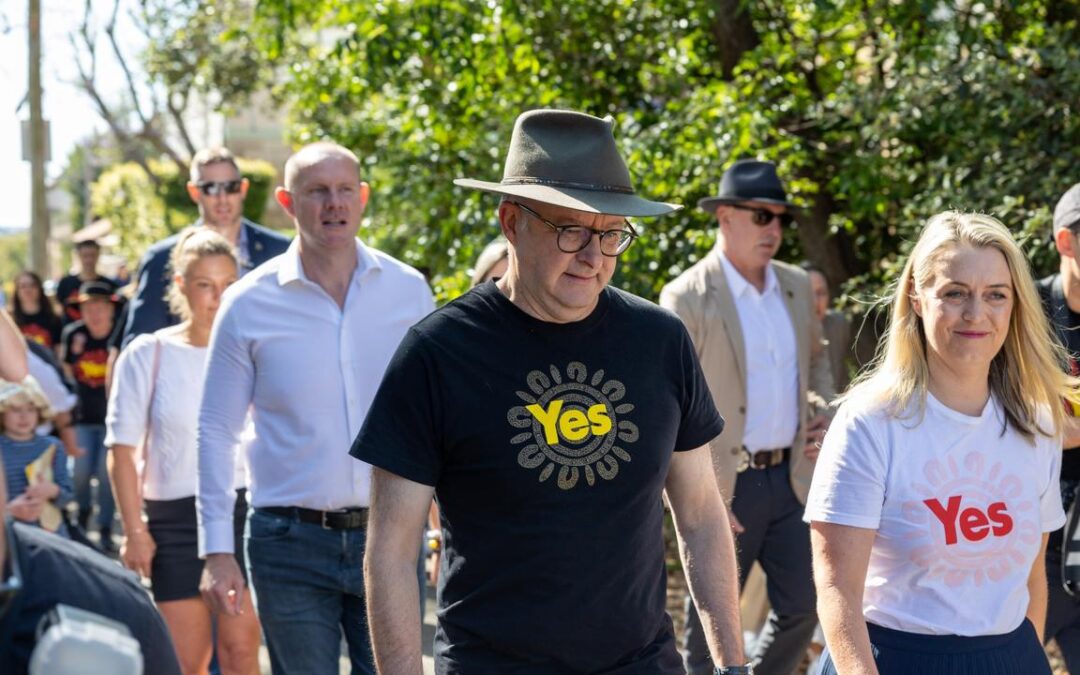The majority of Australians have decisively rejected a referendum proposal to alter and enshrine an “Indigenous voice to parliament” provision in the Australian Constitution.
The referendum, which needed majority of votes in a majority of states to succeed, was defeated as at least five states voted No.
Had the ‘Voice’ succeeded, aboriginal people would have been recognised as Australia’s original inhabitants – correcting the claim Australia was nobody’s land when Captain James Cook landed in 1770.
Addressing the rejection of the Voice in Canberra, Prime Minister Anthony Albanese said he stood for his decision to hold referendum and the result was “not end of the road”.
“I believed it was the right thing to do, and I will always stand up for my beliefs,” Mr Albanese said.
“It’s now up to all of us to come together and find a different way … I’m optimistic that we can win and indeed that we must.
“The issues we sought to address have not gone away, and neither have the people of goodwill and good heart who want to address them.”
Leader of the opposition and the key figure heading the ‘No’ campaign Peter Dutton said the result was “good for the country”.
“This is a referendum that Australia did not need to have,” he said.
“What we have seen tonight is Australians literally in their millions reject the prime minister’s divisive referendum.”
The Voice was recommended by an historic document in 2017 called the Uluru Statement from the Heart. Drafted by more than 250 Indigenous leaders, the statement was considered by many to be the best call to action for reforms which affect First Nations Australians.
With the ‘Voice to Parliament’ proposal rejected, it becomes the 37th constitutional referendum question to fail.

